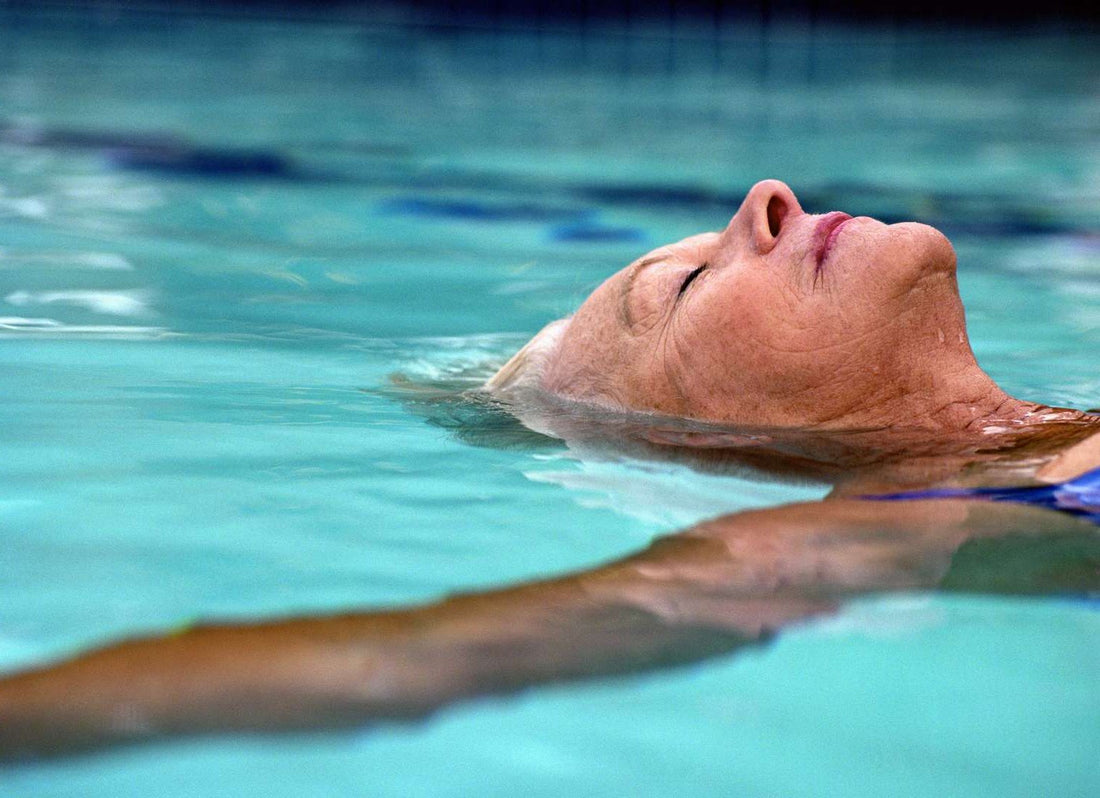
Can Everyone Float in Water?
Floating on water seems like a simple concept—just lie back, relax, and let the water hold you up. Yet, for many people, floating is more challenging than it looks. If you’ve ever tried to float but found yourself sinking instead, you’re not alone! This brings up a common question: Can everyone float in water without swimming?
The short answer is yes, most people can float. However, the ability to float varies based on a few key factors, including body composition, lung capacity, and relaxation techniques.
The Science of Floating: Buoyancy Explained
To understand why floating works for some and not for others, we need to talk about buoyancy. Buoyancy is the upward force exerted by water that counters the downward force of gravity. When you float, your body is suspended in the water, and the buoyant force keeps you from sinking.
The key to floating is simple: if the buoyant force is greater than or equal to your body’s weight, you’ll float. If not, you’ll sink.
Factors That Affect Your Ability to Float
Not everyone floats the same way, and here’s why:
1. Body Composition
Body fat and muscle density play a significant role in whether someone floats or sinks. Fat is less dense than water, which makes it more buoyant. On the other hand, muscle is denser than water and tends to sink. This is why individuals with higher body fat percentages may find floating easier than those with more muscle mass.
2. Lung Capacity
The air in your lungs acts like a natural flotation device. When you take a deep breath and expand your lungs, you increase the volume of air inside your body, which makes you more buoyant. Conversely, exhaling can make you less buoyant and cause you to sink. Practicing deep breathing while floating can help you stay afloat easier and longer.
3. Body Position
The way you position your body in the water also affects how well you float. A common mistake is keeping your head too high out of the water, which can cause your lower body to sink. Instead, try to keep your body flat and distribute your weight evenly by tilting your head slightly back until your ears are submerged and letting your arms and legs relax. This helps to balance your buoyancy and prevent sinking.
4. Staying relaxed
Staying relaxed is crucial when trying to float. Tensing up or making quick movements can disrupt your balance and cause you to sink. Many beginners struggle to float because their body is too tense even if they are consciously trying to relax.
Tips for Improving Your Buoyancy
Here are some techniques you can use to make floating easier:
1. Practice Deep Breathing
Deep breathing increases lung capacity, which helps with buoyancy. Try inhaling deeply through your mouth right before attempting to float. Practice this while lying back in shallow water, so you feel more secure.
2. Find the Right Position
Your body should be in a horizontal, relaxed position in the water. Keep your head tilted back, with your ears dipped below the surface. Arch your back as much as possible, allowing your chest to pop out of the water. Finally, your toes should be on top of the surface.
3. Use Floating Aids
If you’re a beginner or feel nervous about floating, using a pool noodle or a board will help you practice with some assistance as you progress. These aids will help you get comfortable in the water and build confidence.
Final Thoughts: Can Everyone Float?
For the majority of people, yes—floating is possible. It just takes the right technique, mindset, and a little bit of practice.
Want more tips on mastering floating? At Swim Lessons Toronto, we specialize in helping adults build confidence and develop essential water skills. Whether it’s floating or perfecting your swim stroke, we’re here to guide you every step of the way. Contact us today to book a private lesson and start your journey!
